Despite having many fond memories of celebrating a holiday centered around gratitude and togetherness, Thanksgiving no longer has the same charm of my childhood. Growing up, we learned about Native Americans teaching Pilgrims to fertilize corn crops with fish to help them grow. We were told they celebrated togetherness, and without the indigenous people who occupied this land before us, the colonists would not have survived. Then we are supposed to ignore 400 years of systematic decimation and oppression against the very people who helped us settle and thrive in these United States.
Ignorance was bliss. As a child, I grew up making clothespin Pilgrims and Native Americans, and construction paper turkeys shaped like my hands. I enjoyed Thanksgiving. But the horrific relationship stemming from that first Thanksgiving is far from enjoyable.
There’s a lot of debate about the history of Thanksgiving: what food was actually served, who first proclaimed it, did it celebrate a massacre of Pequot people, or did the tradition begin in 1621 after the Wampanoag people and the English colonists of Plymouth Bay harvested and shared their bounty as friends? Regardless of technicalities, our track record as a country has tainted the mythic harmony between Puritans and Native Americans.
Dakota Access Pipeline
This contradictory history came to a head last year as people across the country prepared to feast on turkey and mashed potatoes with gravy while the First Nations people of the Standing Rock Sioux tribe were having their land destroyed by an oil company, backed by mercenaries and police, could reap huge profits. Just four days before Thanksgiving 2016, we watched Dallas Goldtooth and others livestream protesters being shot with water cannons in temperatures as low as 23 degrees. All of this happened on their own land, without their consent, despite the fact these tribes are supposed to have sovereignty over how their land is used. And we ate turkey anyway.
We watched men in masks threatening Native Americans at a hotel close to the protest, and police officers preventing supplies from reaching the camps and burning the sacred belongings of Native Americans so that a corporation and then President-elect Trump could make money. Security forces used attack dogs on protesters who disagreed with someone abusing land that is rightfully theirs, and we worried about whether or not the cranberry sauce was homemade.
A legacy of terror
It is impossible to celebrate Thanksgiving without acknowledging our past misdeeds. United American Indians of New England have made a new tradition by establishing a National Day of Mourning on Thanksgiving. The historical treatment of indigenous people in this country is a vomit-inducing disgrace and warrants more mourning than gratitude.
I hoped the federal government would help First Nations’ struggles at Standing Rock, only to be disheartened by the disinterest of our government and society. Having that hope is symbolic of my place of privilege. So is growing up thinking Native Americans and Pilgrims used to eat food together. We need to take a hard look at our dark past.
The Trail of Tears was very real and disgraceful. Searching for Wounded Knee on Google calls the brutal slaughter of 300 Native Americans a U.S. victory. The chemical warfare of smallpox blankets used to eradicate indigenous people and boarding schools where the U.S. government would kidnap Native American children and whitewash tribal cultures are tragedies. The belief held by the boarding schools was that one could “kill the Indian, save the man.” These grotesque parts of U.S. history are shameful and I am not thankful for them. Knowing the truth is more important than comfortably accepting sanitized exclusion.
Colonialists and missionaries have the longstanding incorrect belief they are helping by erasing primitive cultures and saving people by bringing them into our superior standards of living. The idea of the United States as a melting pot only works if you respect all of the people and cultures involved, not if you expect the pot to melt everyone down to whiteness.
In order to celebrate Thanksgiving properly, we as a country have to acknowledge we are responsible for tragedy. We have to take responsibility for our horrific past and learn from it so we can move forward in a positive direction capable of curating the harmony we boast in the Thanksgiving myth. It won’t be easy.
Celebrate with action
The first step toward a climate of respect involves actually respecting people. Everyone likes the golden rule, but this is usually used to benefit the self, not potentially harm the self in order to help the marginalized. Ta-Nehisi Coates wrote in his new book, We Were Eight Years In Power, that he can’t imagine groups in power will relinquish control in order to make things right, but we should.
Respecting tribal sovereignty is the first step. First Nations not only deserve respect of existing treaties, but we should also be looking at broader representation. Two senators and two representatives in congress specifically for First Nations people does not undo 400 years of an abusive relationship, but possessing voting power and congressional advocacy for Native Americans by Native Americans could be a good start.
More official apologies would probably be appropriate. Associated Students of Portland State Vice President Donald Thompson III frequently acknowledges our presence on stolen land from indigenous people when speaking in public, bringing awareness to this overlooked issue. We need more of that, all the time. We need to demand a better future for all of our citizens. We can’t demand better if we don’t truly acknowledge the wrongs of our past. We can’t move forward if we don’t recognize the problems we continue to perpetuate. We can’t celebrate the unity of Thanksgiving without treating Native Americans with the respect and dignity all citizens of this country deserve.
The Jake Johnson Experience is an ongoing column by Jake Johnson.

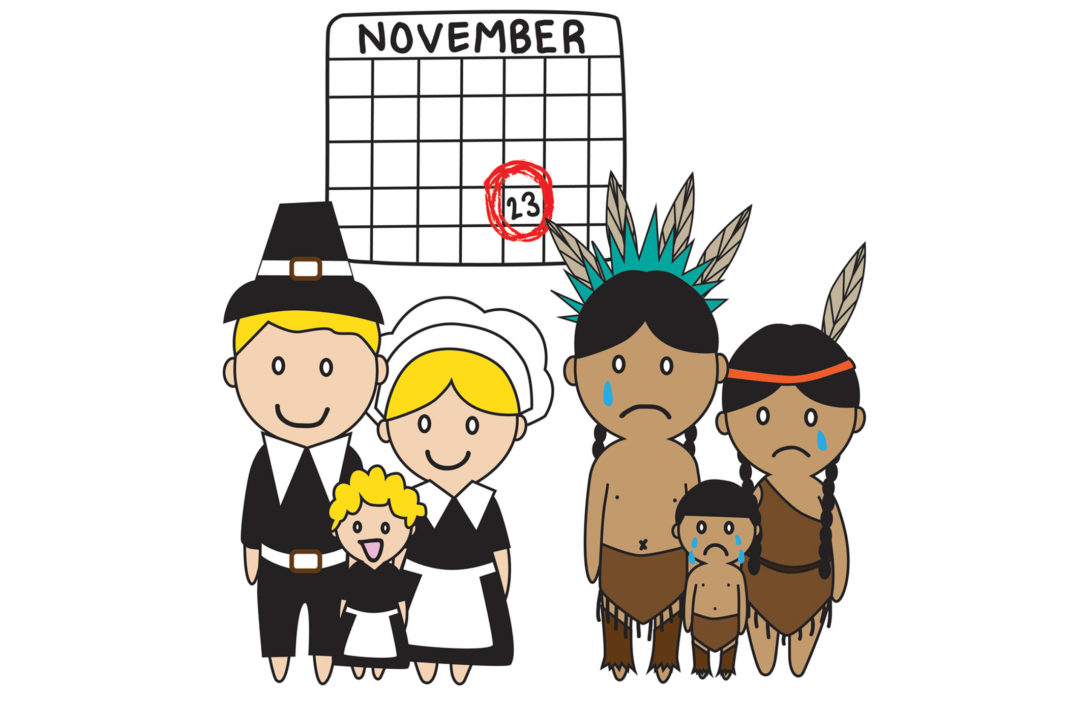

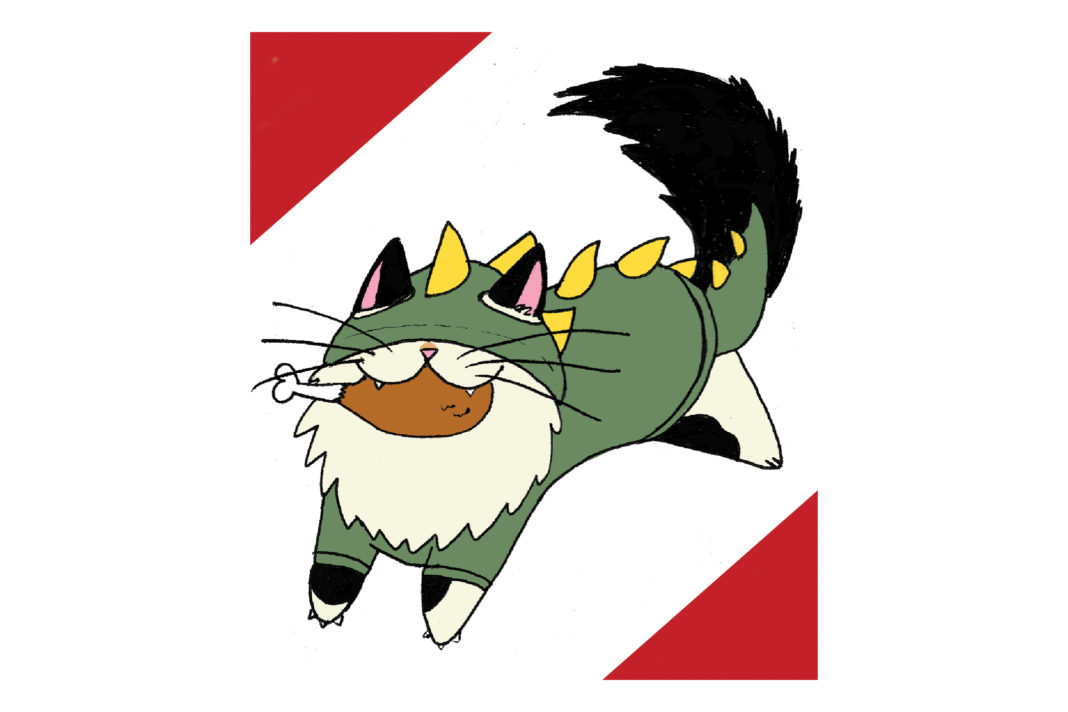
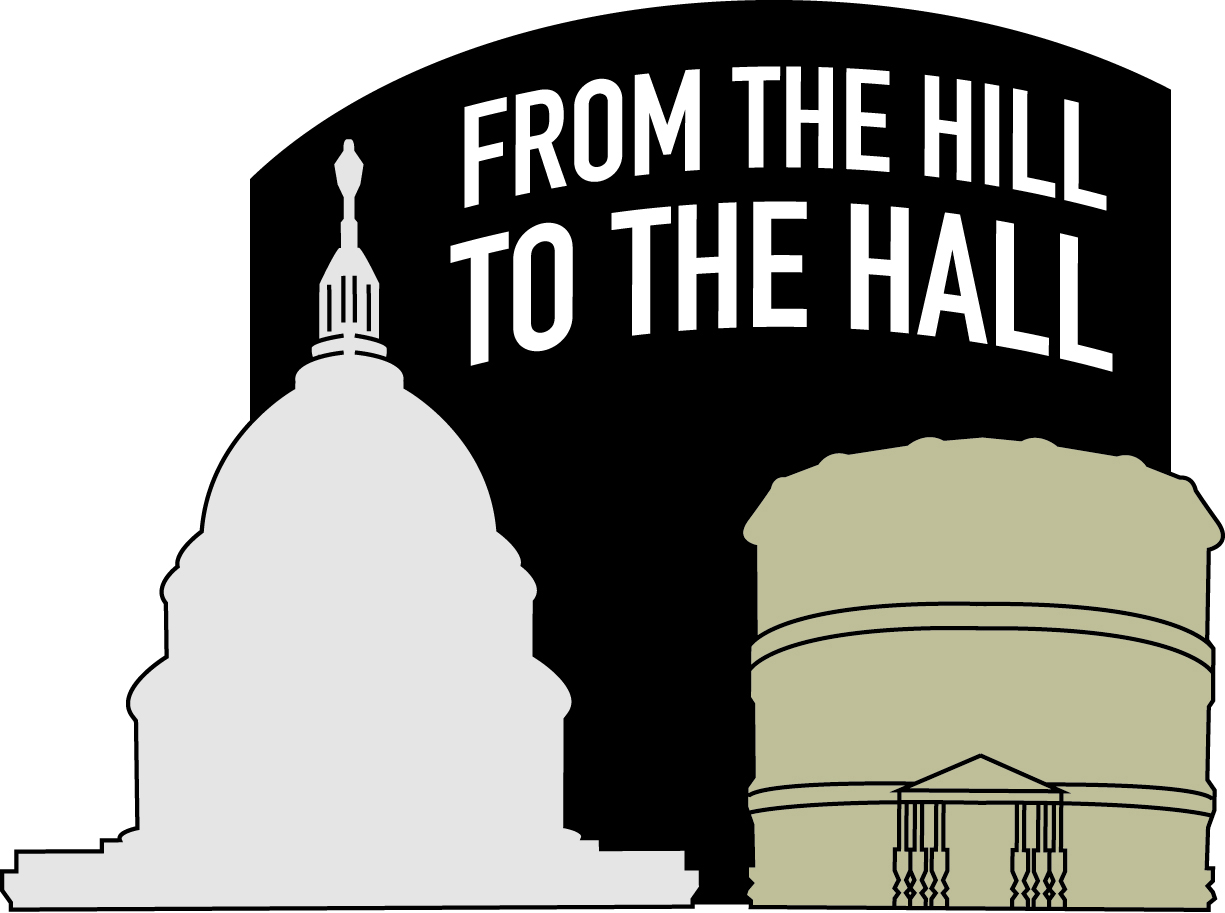
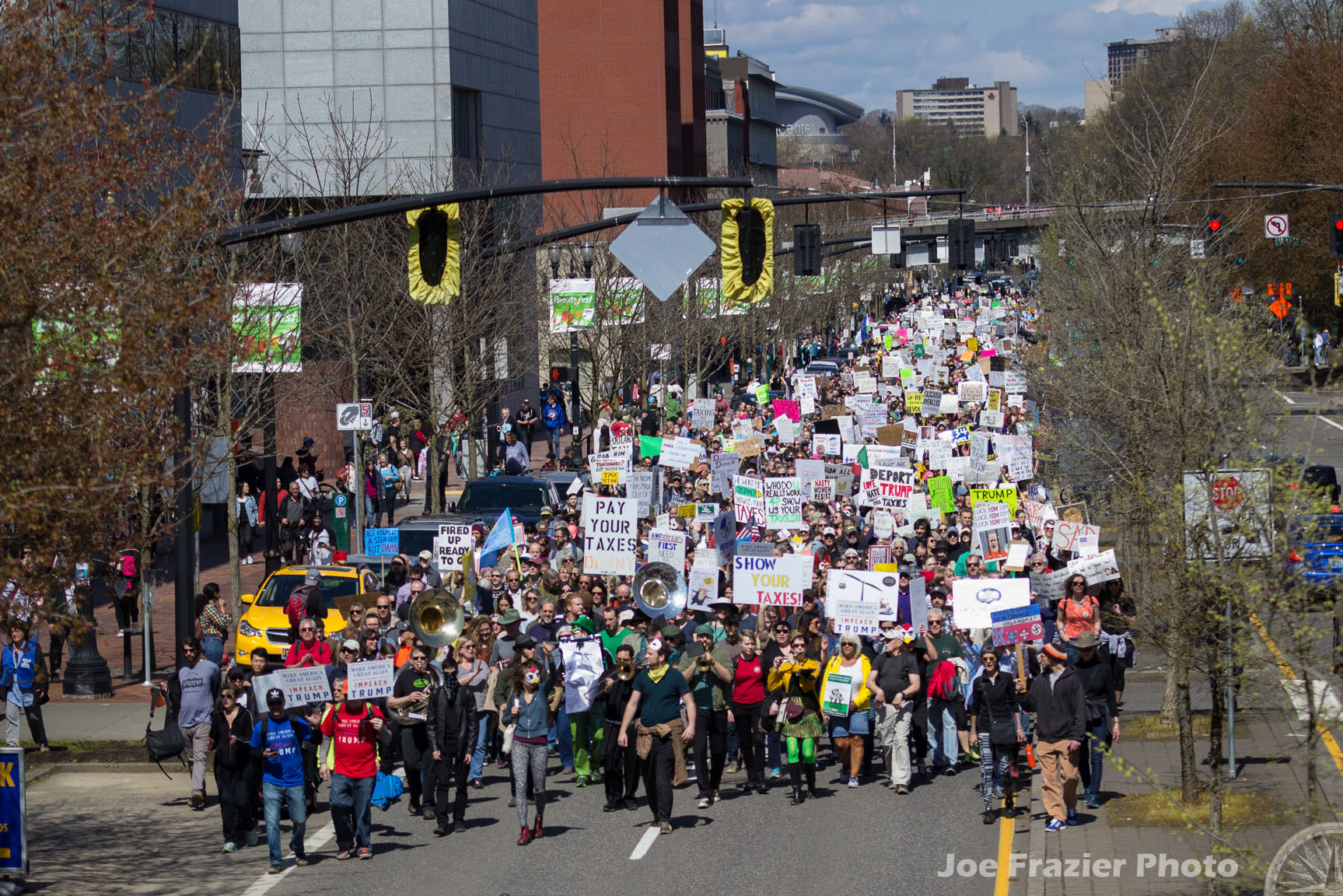
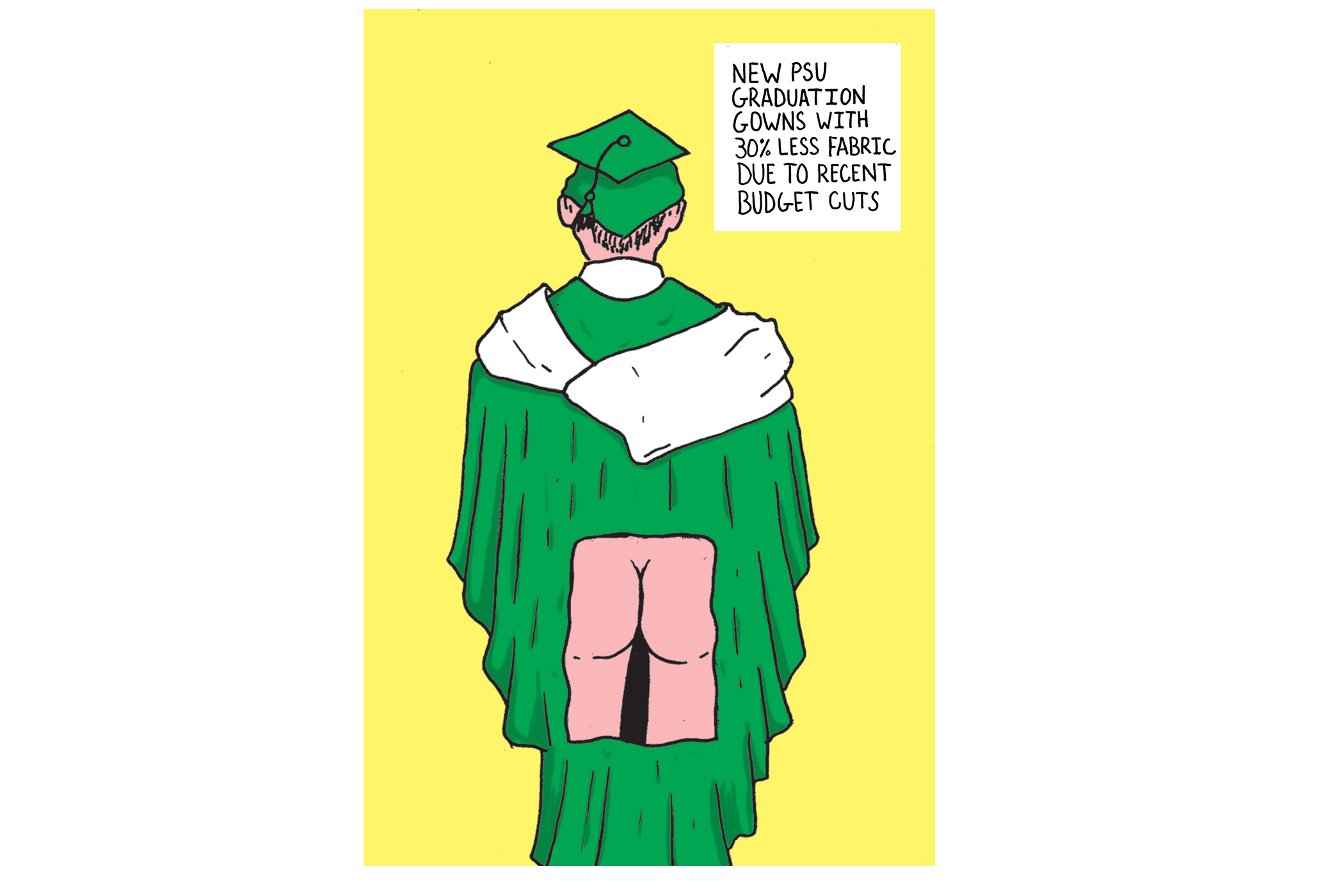
Very good article. I am with you on this holiday. I cannot stand this holiday and I refuse to partake in it. Growing up I was taught about the harmony and peace and good ol fashion love these groups had. And then I also played Cowboys and Indians where the Indians were always the bad people.
That’ll change when I was in high school and learned the true genocide that we did to the natives. I was disgusted and revolted.
No way in hell am I going to celebrate a holiday that is as fake as a snack cake*.
PS: fake as a snack cake is from a song. I still have trouble deciphering what it means but it was on the top of my head.